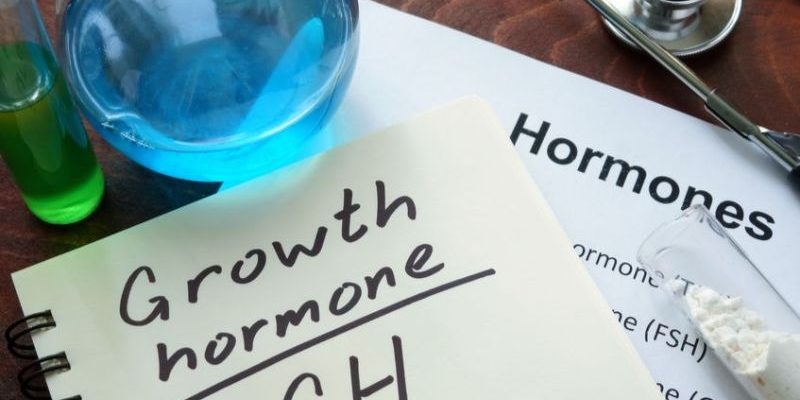Hair loss is a common problem faced by people of all ages. Losing about 50 to 100 strands of hair is normal and new hair starts re-growing from the follicles. Hair loss can start abruptly or develop gradually. About 80 million Americans have hereditary hair loss. Hereditary hair loss is tricky to treat, but there are transplant procedures to reduce appearance of baldness.
The main reasons for hair loss include hormone fluctuations, genetics, certain medical conditions and stress. About 85% men and 40% women complain of significant hair loss by the time they hit 50. Hair loss triggers anxiety in men and depression in women. Many people find dealing with hair loss to be emotionally draining.
Why does hair loss occur?
Hair loss is more prominent with aging. The reason is due to the decline in follicle function. The hair gradually loses its strength and the follicles stop producing new hair resulting in hair thinning and balding. When this condition occurs prematurely one starts losing hair at an early age. Peptide therapy helps in treating hair loss that arises due to the following reasons.
- Alopecia Areata: It is an auto-immune hair disorder that causes sudden, patchy unpredictable hair loss from the scalp, beard, eyebrows, armpits, eyelashes etc. In extreme cases it results in complete hair loss in the body. The follicles aren’t affected in this condition and peptide therapy would help in hair re-growth in the affected area.
- Diet: Consuming a well-balanced diet is essential for healthy hair. Our hair needs proteins and micronutrients to stimulate hair growth. Lack of nutrients results in dull, dry hair, brittle hair shafts and dandruff. Combining a healthy diet with peptide therapy helps with hair regrowth
- Stress: Long periods of stress results in a scalp disorder thus leads to thinning of hair. Stress plays a role in affecting follicles functioning and melanocyte stem cells, which are responsible for hair color resulting in premature graying. If stress is causing hair issues you may consider taking peptide therapy.
Introduction to peptides:
Peptides are referred to as smaller versions of proteins and are used in cosmetic and health products due to its anti-aging, muscle building and anti-inflammatory properties. They are a chain of amino acids and promote hair growth. Peptide therapy is an effective treatment option for hair loss. TB 500 hair growth peptide is a popular choice.
Proteins and peptides are made of amino acids. Peptides contain 2 to 50 amino acids while proteins contain more than 50 amino acids. Insufficient protein in the body meddles with the hair growth cycle. Administering peptides in our body causes positive changes in cell behavior, follicle functioning and natural hair production.
Types of peptides:
Copper peptides
Copper Tripeptide-1 found in our body helps in regulating several bodily functions. Its levels go down from 200 mg/ml to 80 mg/ml with aging resulting in several problems including hair disorders. Copper peptides made of three amino acids and copper when introduced into the body boosts copper levels and helps in combating hair loss. Its benefits for hair include:
- Increased hair growth and thickness by stimulating blood flow to scalp
- Enlarged hair follicle size
- Inhibit follicle death
- Improve results of hair transplant
Thymic peptide
Recent studies have shown that increasing thymus levels in the body results in improved hair growth. Thymic peptide receivers experienced notable differences in hair growth without any side effects.
Biomimetic peptide
They help with anti-aging, anti-pigmentation, anti-cellulite and prevent hair loss. Biomimetic peptides enhance dermal protein papilla thereby improving hair stability.
Ensure you buy peptides from reliable sources. The side effects associated with peptide therapy are minimal making it an ideal choice of treatment. If you are noticing more than usual hair loss, talk to your doctor about the effectiveness of peptide therapy for your hair condition.
NOTE: All information provided in this article is for educational purposes only. Peptides are for laboratory research purposes only and not for human consumption.








Comments